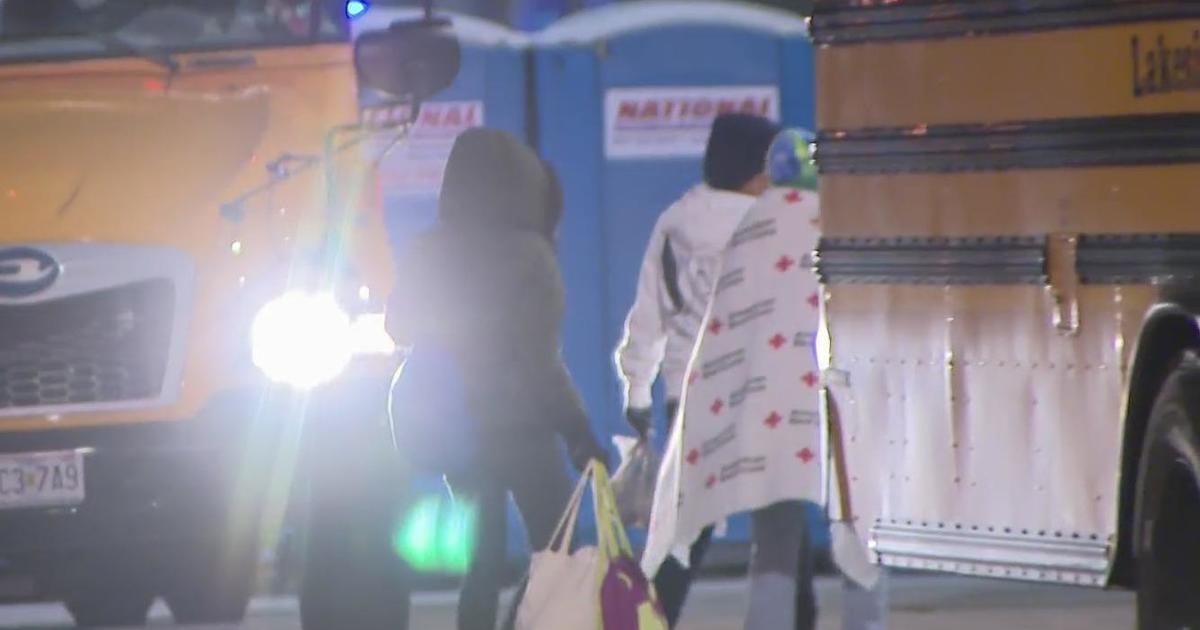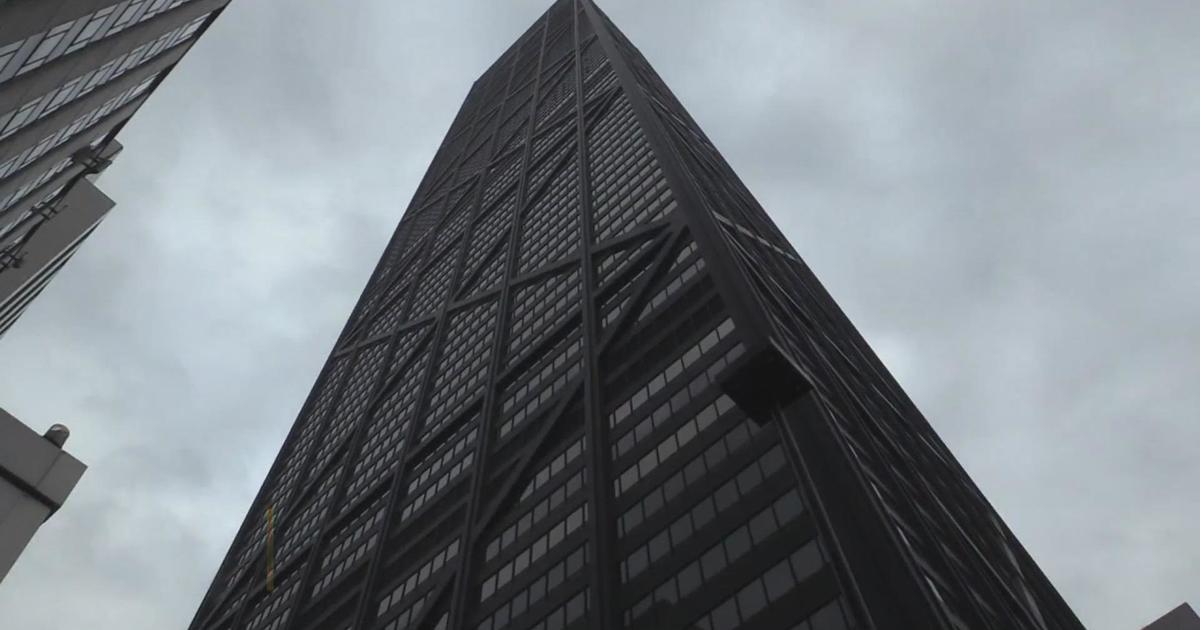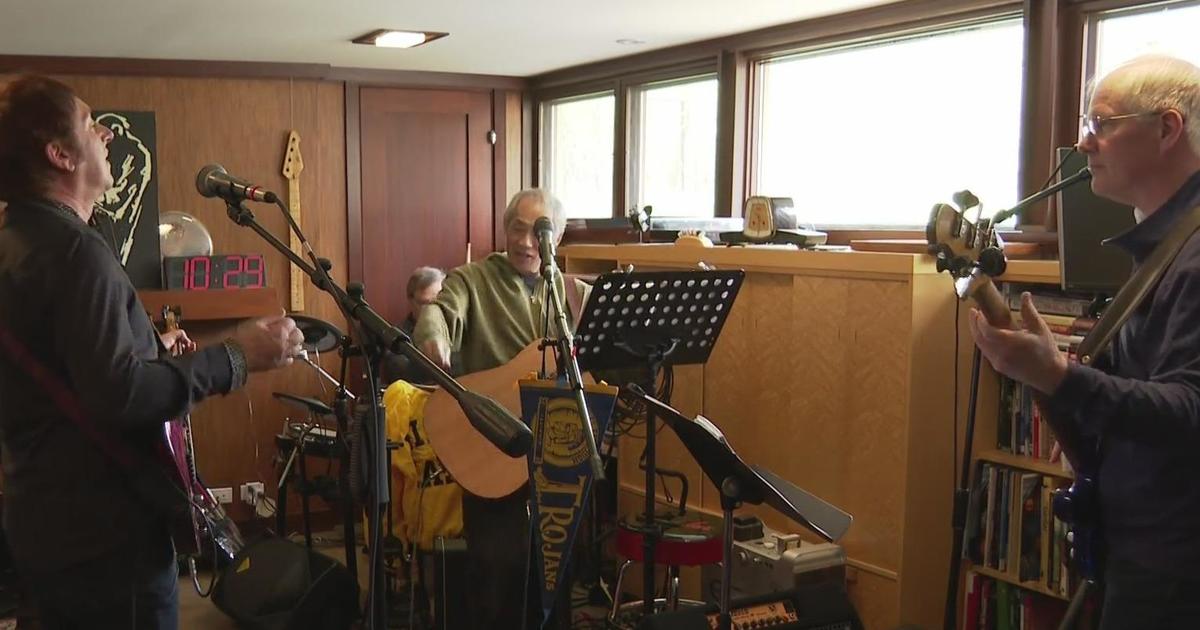Aldermen Back Ordinance To Provide Tenants Hurt By COVID-19 Pandemic With New Protection From Eviction
CHICAGO (CBS) -- Chicago renters who have lost income due to the COVID-19 pandemic would have a new measure of protection from eviction, requiring landlords to first give them a chance to negotiate an agreement on unpaid rent, under an ordinance advanced by the City Council Housing Committee on Monday.
The measure would set up new rules for landlords to follow before they could move forward with eviction proceedings against tenants over unpaid rent. Tenants would have five days from being notified of an eviction to inform their landlord if they are unable to pay rent because of the economic impact of the pandemic.
That would trigger a seven-day "cooling off period" during which landlords and tenants would be required to negotiate in good faith in an effort to reach a compromise on unpaid rent.
Potential options would include spreading out repayment of each month of unpaid rent over an additional 60 days, sending the matter to mediation, applying the tenant's security deposit to unpaid rent, offering the tenant the opportunity to move out in exchange for a waiver of unpaid rent, or negotiating some other agreement with their renter.
If a tenant were to claim they cannot pay rent due to the pandemic, a landlord could request proof. Housing Department Commissioner Marisa Novara said that proof could include a layoff notice, copies of paychecks from before or after the pandemic, or even simply a text message from their boss saying they are no longer needed at work.
Several aldermen called for an exemption for landlords of buildings with six or fewer units, but were rebuffed. Novara noted that the ordinance would not prohibit any landlord from moving forward with an eviction if they cannot reach an agreement with their tenant on unpaid rent, and would simply require them to give renters an extra seven days to try to work something out.
"With or without this ordinance, folks are going to be taking on the expense of evicting people regardless. What this does is to say let's add seven days to try to entice people to come to a deal, and if they cannot, then the same circumstances apply as applied seven days before," she said.
Novara noted that Gov. JB Pritzker and Cook County Chief Judge have imposed moratoriums on eviction proceedings through the end of June, but said it's unclear if those moratoriums will be extended further, to the city wanted to provide some additional protection for renters.
The ordinance would cover any eviction filings in Chicago dating back to March 21 through 60 days after the current moratoriums are lifted.
However, some aldermen said they were concerned the new requirements would hurt small landlords who are themselves struggling to pay mortgages with less money from rent coming in.
Ald. Raymond Lopez (15th) said he feared that, in an effort to avoid a wave of evictions, the city is risking a wave of foreclosures on small landlords who won't be able to collect rent.
"I have some serious concerns for communities like mine where we already have individuals who know how to manipulate the current system of evictions, who have already forced many landlords to either completely stop renting, because of the games that go on with evictions, and the professional individuals who hop landlord to landlord; but now to actually have a whole new set of rules that seem to be aimed at circumventing eviction laws, and making things even more difficult," he said. "This ordinance is not only wrong, it's immoral."
However, Ald. Roberto Maldonado (26th) noted that small landlords are eligible for various forms of federal assistance, including grants, low-interest loans, and mortgage relief programs.
"I just don't buy the notion that landlords are losing at the expense of a proposal like this one, because I think – and I do know – that right now they do have some protection if they seek those protections through the mechanisms that exist out there for landlords right now," Maldonado said.
Ald. Michael Rodriguez (22nd) also noted that, if either a tenant or a landlord failed to live up to their end of a negotiated deal, either of them could go to court to enforce the agreement.
"I just feel like there's an assumption out there that, through this ordinance, renters are getting away with something here, and I just don't read that into this ordinance whatsoever," he said.
Ald. Matt Martin (47th) said that, due to the widespread economic impact of the pandemic, the city simply can't offer enough assistance to either renters or landlords to help all of them survive financially
"This isn't a perfect ordinance. I don't really think an ordinance could be perfect in the situation that we're in," he said.
Several aldermen said, beyond the eviction protections being sought in the ordinance, the city needs to do more to press the federal government to provide more housing assistance funds.
Novara said state lawmakers approved $396 million in rent and mortgage assistance as part of the budget for the fiscal year starting in July, and the city expects to receive a significant portion of those funds. She and Housing Committee Chairman Ald. Harry Osterman (48th) said the state is still working on the formula for how to distribute that money.
The Housing Committee approved the ordinance by a 14-2 vote. It now goes to the full City Council for consideration on Wednesday.



